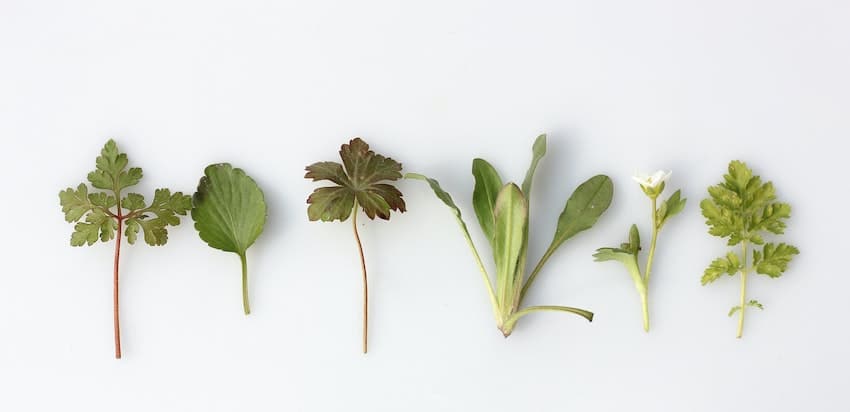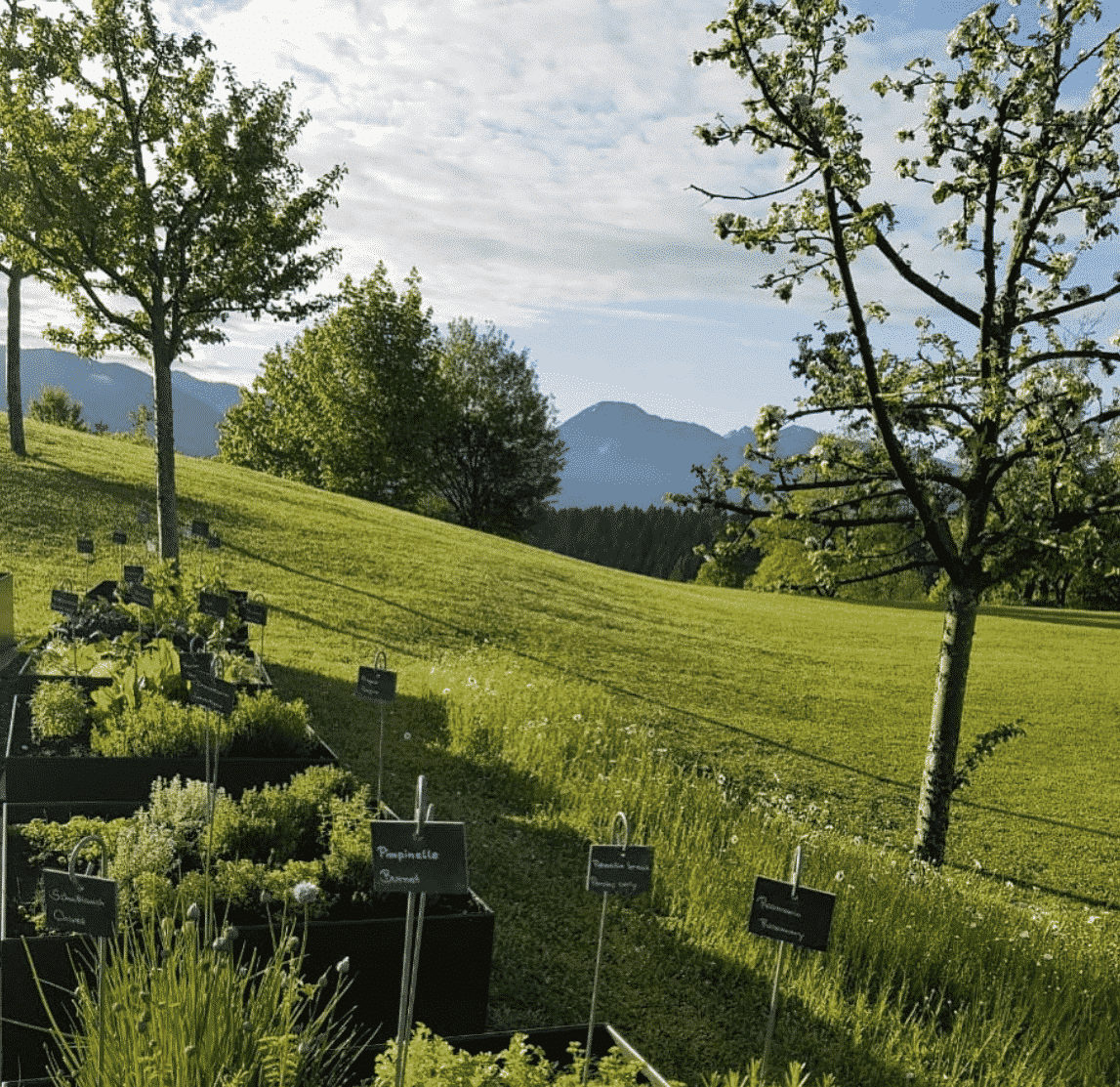Our Resorts
12. February 2023
Green Power: How herbs can help people
We know many medicinal herbs as spices or tea, but we often forget that they are much more than just a fine fragrance for us and our bodies, or the fine finishing touch to our food. This is because, when they used are used in a specific way, herbs can positively support our health. What these specific ways are and how these herbs can affect us, you will learn in the following.

Herbs do not only have their place in the kitchen, they also play an important role in natural medicine. For a long time, taking seriously the natural healing properties of plants was considered old-fashioned, but more and more, herbal medicine is becoming part of a modern lifestyle.
Medicinal plants and herbs have accompanied mankind for thousands of years. They all have different effects on our bodies, depending on which ingredients they contain. How and to what extent they act is a constant interest of many scientific studies. It is known that certain ingredients or groups of ingredients are able to trigger particular effects and can thus help against diseases and ailments.
According to the Federal Institute for Drugs and Medical Devices, some 440 domestic medicinal plants are known to exist in Germany. Chamomile, flax, milk thistle, peppermint, sea buckthorn, fennel, St. John’s wort – all of these are actually actively grown in Germany in large quantities. The secret of herbs usually lies in their special bioactive substances, which protect them from predators and external influences and thus can also help develop similarly positive properties in the human body. These health-promoting substances are also known as secondary plant compounds, providing the plants with natural protection. We know that these are found in fruits and vegetables, but the fact that we also find large amounts of them in herbs is often underestimated, making these herbs into veritable superfoods. According to the German Nutrition Society, secondary plant compounds have been found to repair DNA damage and promote repair mechanisms, reducing the risk of certain types of cancer and issues pertaining to the cardiovascular system, such as heart attacks and strokes. This is because they are said.
Effect and ingredients
Most of the herbs have a diverse composition of different active ingredients. The medicinal plants develop their effect through the individual composition of, for example, essential oils, mucilage, tannins, and bitter substances. We will discuss some of these in more detail below.
Essential oils: For joint pain and respiratory diseases.
Lavender, eucalyptus, tea tree, mint, and sage are among the plants that contain essential oils. Essential oils have a very distinctive scent, and are particularly good for treating colds, respiratory ailments, or joint problems. Peppermint, for example, produces the plant substance menthol, which can be effective against colds and migraines.
Two years of Corona have left their mark: our immune system seems to be weakened by all the mask-wearing, pathogens make us feel more uncomfortable, and we notice colds much more intensely. Fortunately, there are herbs that can have a positive effect on our immune system. Herbs that have a pungent taste, like nasturtium or horseradish, usually contain mustard oils, which have an antibacterial effect and are held to prevent respiratory or urinary tract infections. Horseradish, for example, is contained in our Lanserhof Lab Immune Boost supplement, which has a broad spectrum of essential oils and contains high amounts of vitamin C, vitamin B1, B2, and B6, in addition to minerals such as calcium, magnesium, potassium, phosphorus, and iron.
Bitters: Beneficial for the stomach and for healthy sleep
Herbs with bitter substances are exciting and very popular at the moment. One of these herbs is yarrow. Its mix of valuable ingredients makes it a versatile seasoning and medicinal herb, and it is also a boon for an upset stomach, as it promotes digestion and supports healthy intestinal flora Centaury is another interesting herb – equally versatile and with a particularly positive effect on the digestive tract. The bitter substances it contains stimulate salivary secretion and gastric juices as well as the activity of the pancreas, liver, and gall bladder, and are all contained in our new Lanserhof Lab Herbal Bitter Oil. These mild drops, consisting of herbal and spice tinctures, activate your digestion and metabolism, help with detoxification, stimulate your blood circulation, and regulate your appetite.
More and more people suffer from problems falling asleep and sleeping through the night. In addition to meditation, the introduction of evening routines, and avoiding blue light, the intake of hops can help. This is because hops calm the nerves, decompress, relieve anxiety, alleviate overexcitement, all of which can assist in falling asleep. In addition to hops, our Lanserhof Lab Beauty Sleep Capsules also contain gold poppy extract. The gold poppy or California poppy (Eschscholzia californica), is related to the opium poppy, and is traditionally used by the Native Americans for sleep problems and as a sedative.
Medicinal herbs in the garden
Many medicinal herbs can be grown in your own garden or even on your balcony. Care should be taken to simulate the natural place of origin of the plant and create a suitable climate. To do this, it is helpful to know where the plant comes from.
Conclusion
Medicinal herbs are a good support if they are used purposefully: for pain relief or local application for inflammations and sprains, gentle herbal medicines help. Be aware that they can complement, but not replace, conventional medical therapy for serious illnesses.

Herb garden at Lanserhof Tegernsee